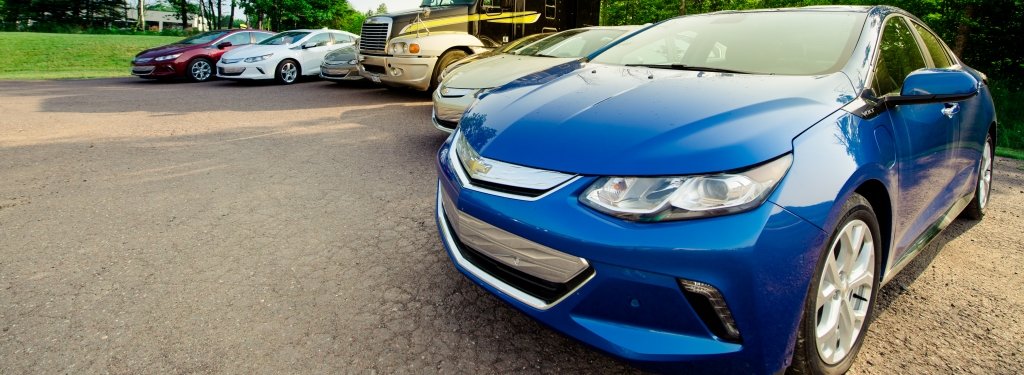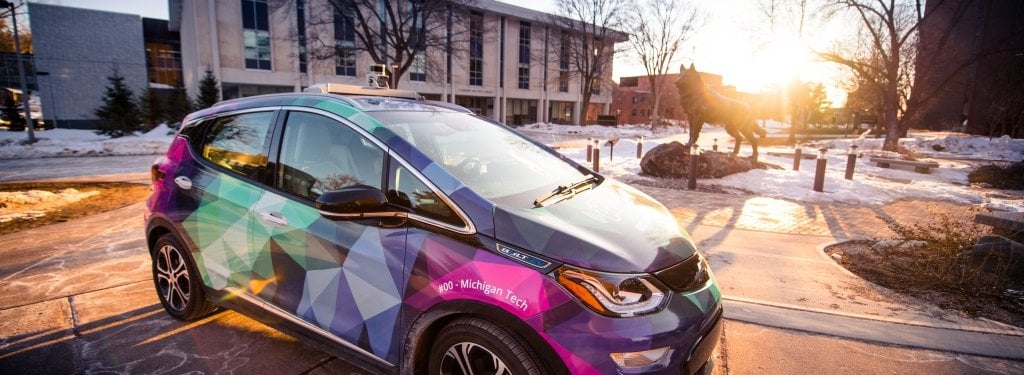Michigan Technological University brings together interdisciplinary teams and keynote speakers to discuss everything from autonomous vehicles to communication networks to airports.
Mobility is more than a vehicle that gets efficiently from point A to point B. That vehicle could be autonomous; it might be connected to a larger wifi network; it might navigate traffic on a busy highway; its driver might be texting. The whole vehicle system—and the larger infrastructure and human systems it is embedded in—are interconnected, multiplatform, and overloaded with data. That vehicle may also move across roads, water, skies, and unmapped terrain.
In other words, mobility research these days is about more than transport. That's why Michigan Tech is hosting its inaugural Mobility Summit this Thursday.
Pasi Lautala, the director of the Michigan Tech Transportation Institute and assistant professor of civil engineering, says the university has the opportunity to leverage its expertise and build better interdisciplinary research teams to meet the challenges of 21st century mobility.
"To secure our future mobility, solutions must come in multiple fronts, ranging from technology to better understanding our behavior as humans," Lautala says. "Just like freeways were once a cornerstone of American competitiveness, mobility will be that in the future."
Kirk Steudle, director of the Michigan Department of Transportation (MDOT) will be the featured keynote speaker in the afternoon. Paul Rogers from the US Army Tank Automotive Research Development and Engineering Center (TARDEC) is also speaking earlier in the day. The summit will include poster presentations, research discussions/visioning in the broad theme of mobility technologies (similar to the recent Tech Talks), and a lunch session with MDOT Director Steudle.
As a key research area that spans civil engineering, mechanical engineering, electrical engineering, computer science and cognitive science, mobility needs more than traditional paths to move the field forward. Whether it's leading tests in Lake Superior in our backyard, improving powertrain energy efficiency in the lab, or testing autonomous vehicles "at the end of the earth" in Keweenaw winters, Michigan Tech is ready to take on the challenge.
The event is being organized by Michigan Tech’s mobility-affiliated research centers and institutes, the Vice President for Research, and the College of Engineering.
Michigan Technological University is an R1 public research university founded in 1885 in Houghton, and is home to nearly 7,500 students from more than 60 countries around the world. Consistently ranked among the best universities in the country for return on investment, Michigan's flagship technological university offers more than 185 undergraduate and graduate degree programs in science and technology, engineering, computing, forestry, business, health professions, humanities, mathematics, social sciences, and the arts. The rural campus is situated just miles from Lake Superior in Michigan's Upper Peninsula, offering year-round opportunities for outdoor adventure.






Comments